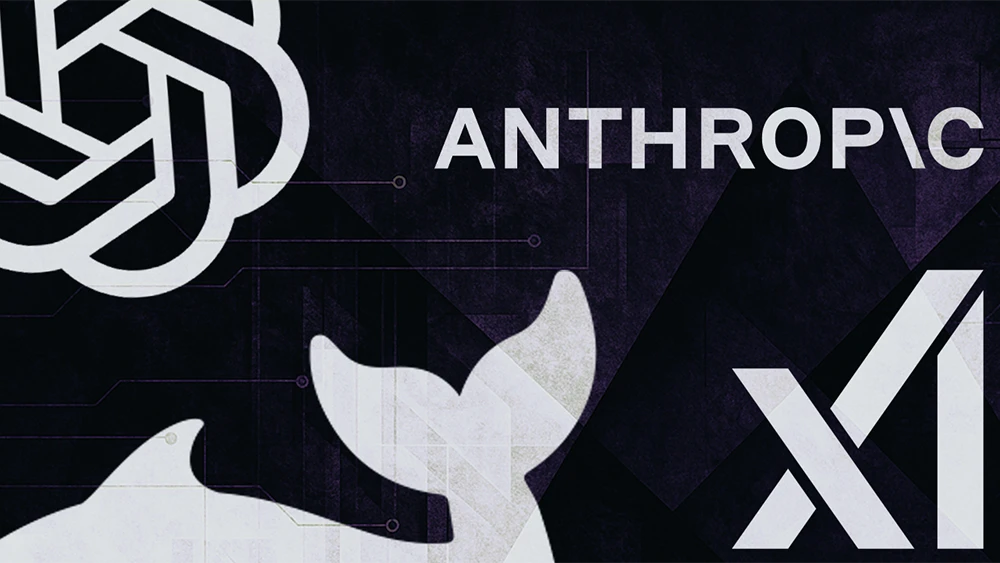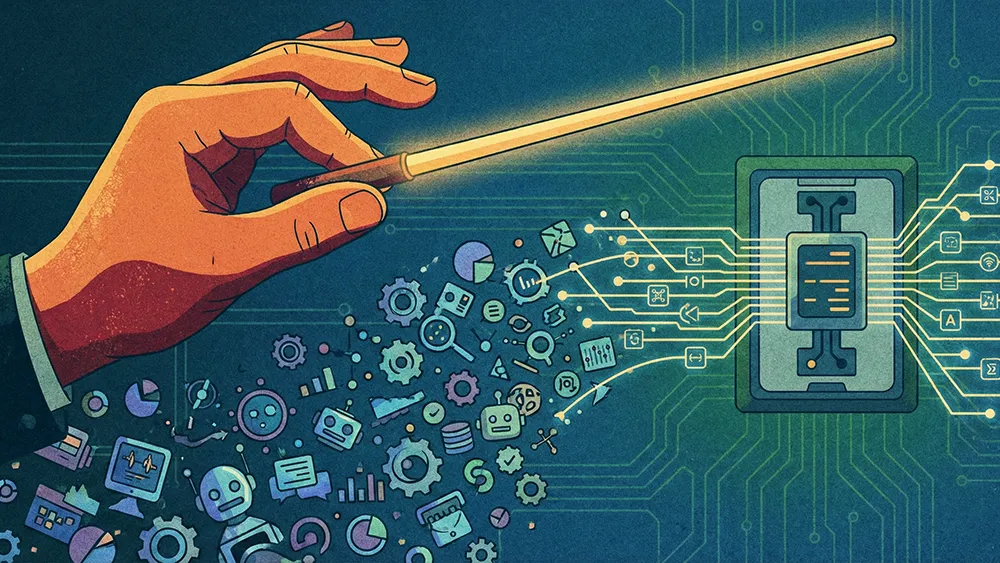Business intelligence is moving beyond traditional passive dashboards to transition towards active, intelligent decision-making. With AI in the mix, the way data is understood, used, and leveraged is fundamentally changing.
Hyoun Park, Chief Analyst at Amalgam Insights, is calling out the BI evolution as one to watch, especially for data analysts. He emphasizes that these changes present an important opportunity to redefine the relationship with data.
Beyond visibility: For years BI tools primarily offered a rearview mirror, providing retroactive insights into organizational performance. "For a long time, business intelligence and analytics have been seen as basic visibility tools from a reactive and historical perspective," Park explains. "We are finally starting to get to the point where we are able to see that data both historically and in real time, so that we can start using that information to make better business planning decisions."
BI's newfound capability, fueled by AI, marks a pivotal moment. "It's a fantastic opportunity to evolve our relationship with data and analytics in that process and to start using data as guidance for the future," he adds.
Constant evolution: The surge of AI underscores a long-standing truth in the tech industry: continuous adaptation is essential for survival. "Anybody who's in tech knows that you have to evolve every five or ten years or be left behind," Park says. "That's the ugly truth. Everything I learned 20 years ago about technology, almost all of it is useless at this point."
The role of the data professional is undergoing a fundamental shift. “Analytics teams going forward will have to think a lot more about context and action,” says Park. “It will not be enough to simply build charts that show what the data looks like, but it will also be important to understand how that data matters in context and what needs to actually be done next.”
Analyst redefined: Analytics is no longer just about analysis, but driving decisions. “It's not going to just be a data analysis job, but a data actor or next-best-action job,” Park explains. For those in entry-level or early-stage roles, the focus must move toward business purpose: understanding how insights are used and what outcomes they support. “The data analyst has to think about what their role actually is in the business and how to maintain the technical skills that go along with those business needs,” says Park.
Knowledge worker advantage: "The biggest short-term winners are going to be knowledge workers who are trying to do smart things," Park says. "They're either trying to create products or they're trying to do complex sales, or they're creating interesting projects and assets that would've previously taken months to produce."
Facilitated by tech, those workers can now produce more, better, faster. “They will now be able to ask questions and get answers much more quickly for background knowledge, information, and decision-making.”
Head above water: BI professionals trying to stay afloat with AI's changes must adopt a perspective shift. "The technology is changing so fast. AI models are getting better every day, every week," says Park. "Being married to a specific model or to a specific way of working with AI in 2025 is a bit of a trap. You have to think more big picture while also keeping up with the tech, which is a hard bifurcation."









